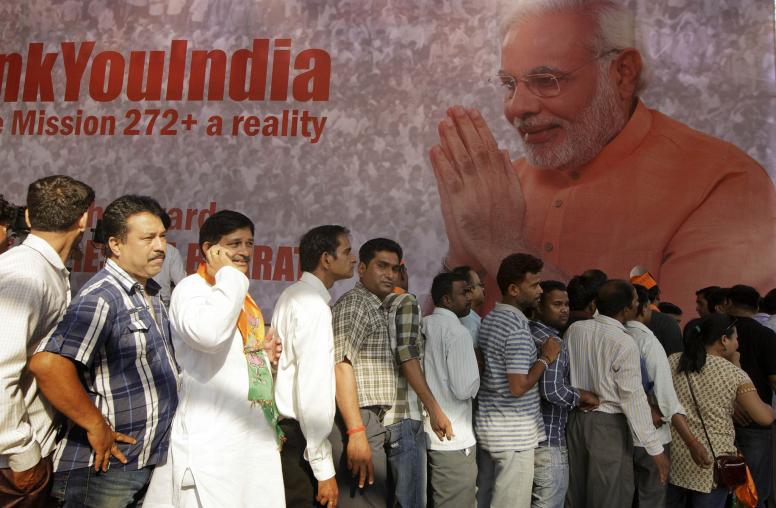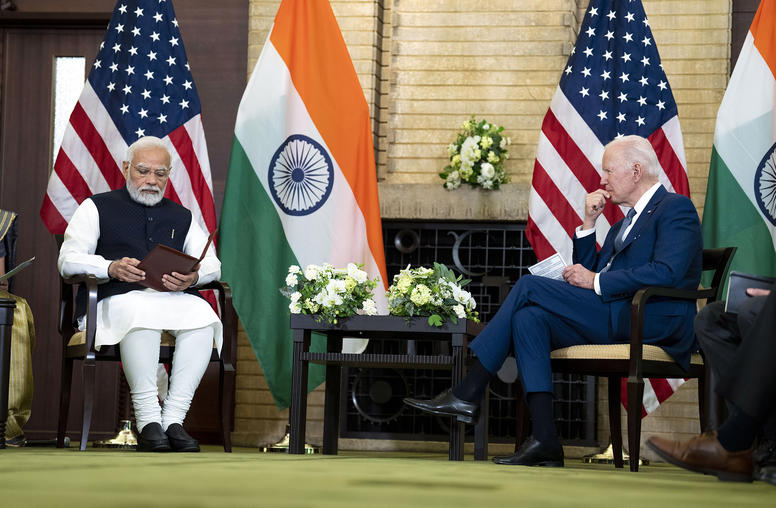Tamanna Salikuddin
Contact
Please submit all media inquiries to interviews@usip.org or call 202.429.3869.
For all other inquiries, please call 202.457.1700
Tamanna Salikuddin is director of South Asia programs at the U.S. Institute of Peace, where she oversees USIP’s work in Pakistan and broader South Asia. She comes into this role with extensive regional expertise in Pakistan, Afghanistan, India, and Sri Lanka, particularly in political and demographic trends in the region.
Salikuddin's primary focus has been examining conflicts and conflict resolution across South and Central Asia and the Middle East, particularly those involving non-state actors and militant groups. She joined USIP in 2018 as a senior expert on peace processes where she led a program to build thought leadership and expertise on sustainable and inclusive peace processes.
Salikuddin joined USIP after 12 years in the U.S. government focused on South Asia and conflict resolution. From 2014 to 2017, she was a senior advisor to the special representative for Afghanistan & Pakistan at the U.S. Department of State. During this time, Salikuddin led a team of experts pursuing a peace process between the Afghan Taliban and Government of Afghanistan. She represented the United States at the historic Murree talks in 2015 and participated in other high-level negotiations. From 2011 to 2013, she served as Director for Afghanistan and Pakistan at the National Security Council focusing on U.S.-Pakistan relations and the Afghanistan peace process. She has served as a political officer at the U.S. embassy in Islamabad and an analyst on South Asia.
Prior to joining the U.S. government, Salikuddin worked as an attorney on international law issues in South Asia.



